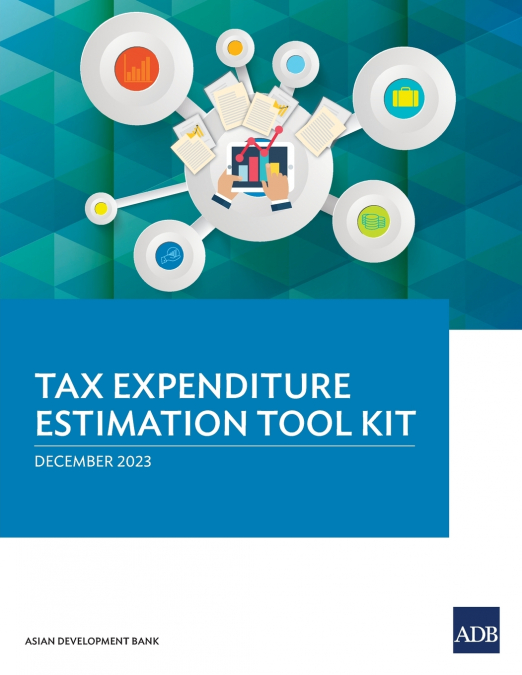
 Donde los libros
Donde los libros
 Librería 7artes
Librería 7artes
 Librería Elías (Asturias)
Librería Elías (Asturias)
 Librería Kolima (Madrid)
Librería Kolima (Madrid)
 Librería Proteo (Málaga)
Librería Proteo (Málaga)
This publication is designed to help tax analysts estimate revenue losses from tax expenditures and tax incentives. It presents the methodologies commonly used to estimate revenues forgone using varying sources of data. The publication discusses tax expenditure definitions, issues related to benchmarking and building an inventory of tax expenditures, and estimation methodologies using stylized models to show how to calculate revenues forgone when a tax concession is granted. It also provides an account of standard methodologies to calculate revenue foregone from different types of concessions in personal, corporate, and value-added tax using hypothetical calculations, discusses data sources, and assesses statistical issues around tax expenditure modeling.